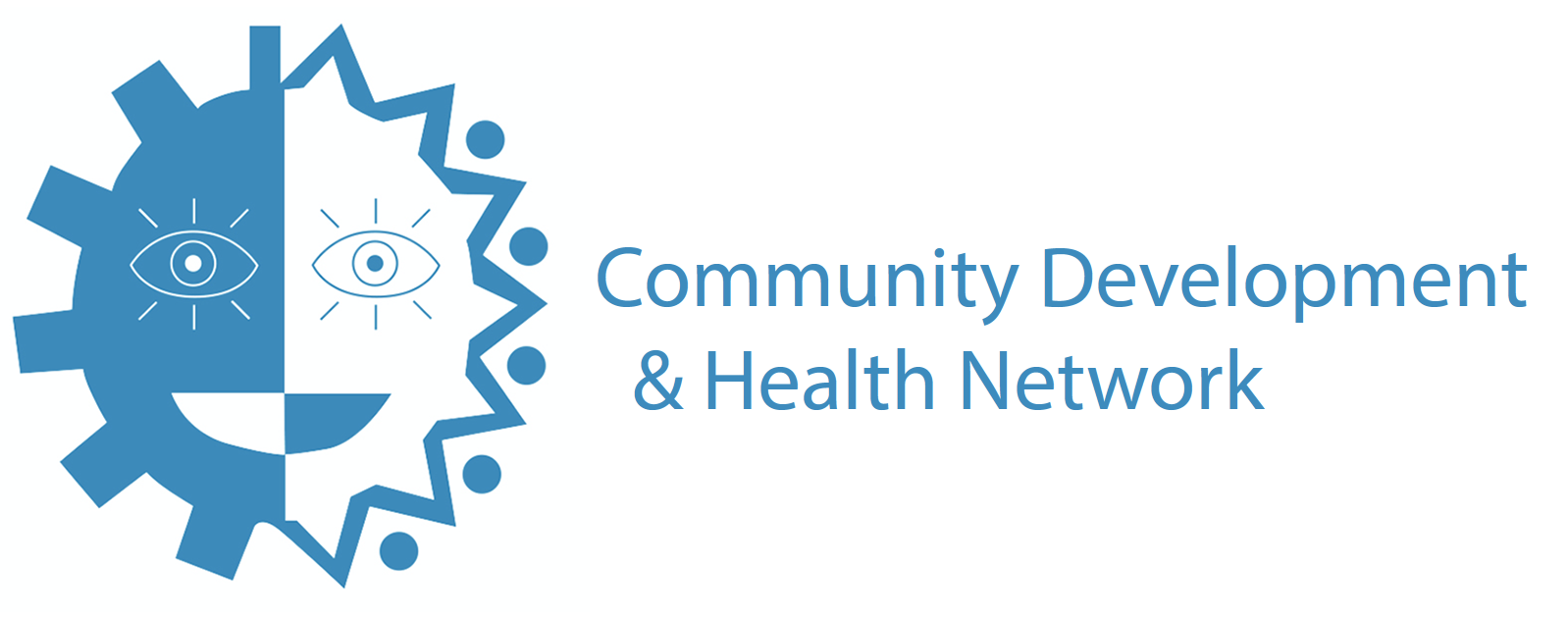UPDATED 26 JUNE 2020
Shielding in Northern Ireland
This article explains what shielding letters are, who should have received them and who sends them. The information and guidance on shielding is being actively reviewed and will change as the NI COVID-19 Recovery Plan is implemented.
FactCheckNI have created a LIVE Q&A article on shielding letters which provides information on a range of issues relating to sheilding including accessing food and medication. It is updated as and when new information becomes available - you can find it here.
The Chief Medical Officer Dr Michael McBride has recently updated the guidance for people who are shielding. From 31 July 2020, it is anticipated that shielding for extremely vulnerable people will be paused if the rate of community transmission of COVID-19 remains at a low level. Letters will be issued to people who have been advised to shield.
What is shielding and a shielding letter?
While ‘lockdown’ and social distancing measures have impacted all UK citizens, the ‘clinically extremely vulnerable’ are being ‘shielded’. They should have received a letter to confirm their status from their GP or from their Hospital Consultant. This ‘shielding letter’ is to provide further guidance on stricter stay at home restrictions in order to protect themselves from COVID-19.
For those in this group, the government has advised them:
- Do not leave your house.
- Do not attend any gatherings. This includes gatherings of your friends and family in private spaces, for example, family homes, weddings and religious services.
- Strictly avoid contact with anyone displaying symptoms of coronavirus (COVID-19). These symptoms include high temperature and/or new and continuous cough or loss or change to your sense of smell or taste
These additional social distancing measures are what is referred to as ‘shielding’, and the government has advised those who are clinically extremely vulnerable to shield until the end of June. A template letter developed by the Health and Social Care Board for GPs to send to patients is available here.
Who gets a shielding letter?
An original estimate of 40,000 people likely to be ‘clinically extremely vulnerable’ in Northern Ireland almost doubled and 80,000 patients should have received a shielding letter from their GP.
- Solid organ transplant recipients
- People with specific cancers:
- people with cancer who are undergoing active chemotherapy
- people with lung cancer who are undergoing radical radiotherapy
- people with cancers of the blood or bone marrow such as leukaemia, lymphoma or myeloma who are at any stage of treatment
- people having immunotherapy or other continuing antibody treatments for cancer
- people having other targeted cancer treatments which can affect the immune system, such as protein kinase inhibitors or PARP inhibitors
- people who have had bone marrow or stem cell transplants in the last 6 months, or who are still taking immunosuppression drugs
- People with severe respiratory conditions including all cystic fibrosis, severe asthma and severe chronic obstructive pulmonary (COPD)
- People with rare diseases and inborn errors of metabolism that significantly increase the risk of infections (such as Severe combined immunodeficiency (SCID), homozygous sickle cell)
- People on immunosuppression therapies sufficient to significantly increase risk of infection
- Women who are pregnant with significant heart disease, congenital or acquired
- People who have had a splenectomy
- People undergoing renal dialysis
- People with motor neurone disease
Who sends the shielding letter?
GPs were asked by the Health and Social Care Board to use a search tool and their clinical judgement to decide who should receive a shielding letter based on the criteria listed. Health and Social Care Trusts issued shielding letters to some patients receiving consultant care.
The HSCB has a central database of all of those individuals who have been asked to shield by their GP. The HSCB has also worked with the Department of Communities to provide a validation service for those who are shielding to enable priority access to booking online shopping.
During a Committee for Health meeting on 2 April, Health Minister Robin Swann stated:
“The GP letters that we issued were from the first trawl of the database and the health records that we were able to get for those who were identified...What we are concerned about, and what the Health and Social Care Trusts are now doing, is making sure that the GPs have trawled all their systems and making sure that the Health and Social Care Board is going through its hospital records to make sure that nobody in those groupings has been overlooked or missed.”
If you are receiving chemotherapy, radiotherapy, specialist drugs only supplied by the hospital and/or stem cell transplants, or under the care of a hospital consultant, the HSC confirmed to FactCheckNI that you are more likely to receive a shielding letter from the hospital in question and/or consultant.
If you did not receive a shielding letter, but believe you should have, you are advised to contact your GP.
When will the guidance around shielding be reviewed?
Guidance on shielding for people at potentially higher risk from COVID-19 is being actively reviewed.
From 6 July, people who are shielding will be able to meet up to six people outside the home, as long as social distancing is strictly observed. In addition, people who are shielding and living alone will be able to form a support bubble from July 6 with one other household.
From 31 July, it is anticipated that shielding for extremely vulnerable people will be paused. If the rate of community infection remains sufficiently low, letters will be issued to people who have been advised to shield.
For the most up to date information on shielding visit the LIVE Q&A article by FactCheckNI here.


